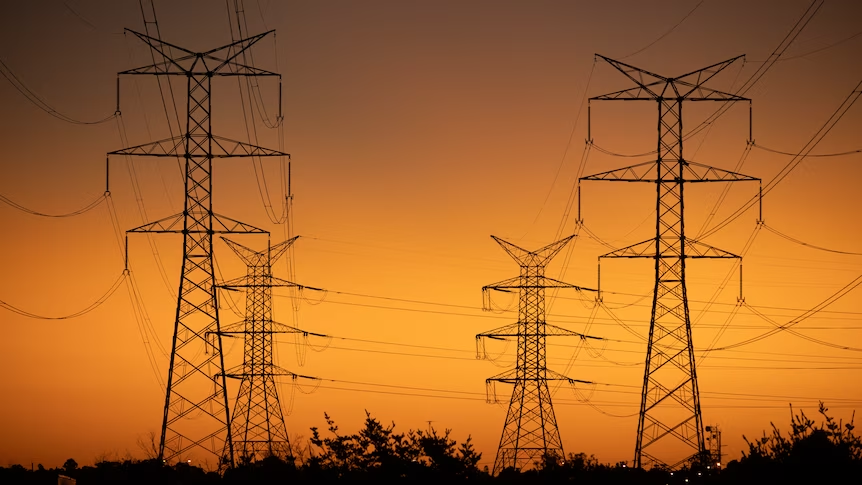The government has decided to withdraw subsidies on electricity and gas as part of a broader strategy to tackle a financial crisis marked by a circular debt exceeding Rs4.8 trillion. This move has been communicated to the International Monetary Fund (IMF), with plans to implement gas tariff increases starting February 15, 2025.
Both the IMF and the World Bank have highlighted the energy sector as a significant burden on Pakistan’s economy. In response, the government has devised a plan to manage the circular debt, which stands at Rs4.88 trillion across both sectors. This includes a commitment to charge consumers the full production costs of electricity and gas without any subsidies.
Government documents indicate that the energy sector’s strain on the national economy has reached unsustainable levels. As of March 2024, the circular debt in the electricity sector alone amounted to Rs2.794 trillion, while the gas sector’s debt was recorded at Rs2.083 trillion by January 2024.
The Ministry of Finance has assured the IMF that a notification for the gas tariff increase will be issued by the specified date. Additionally, gas supply to captive power plants is anticipated to be halted by January 2025. The government is also committed to aligning energy tariffs with production costs and ensuring timely adjustments, including annual base electricity tariffs, quarterly adjustments, and monthly fuel price changes.
A major factor in the escalating circular debt has been the previous administrations’ failure to implement timely tariff hikes. Moving forward, the current government has vowed to make regular tariff adjustments to avoid further debt.
As part of comprehensive reforms in the energy sector, the government also intends to initiate the privatization of electricity distribution companies. Concurrently, efforts will be made to reduce line losses and enhance efficiencies within the distribution network, aiming for a more sustainable and cost-effective energy supply.


